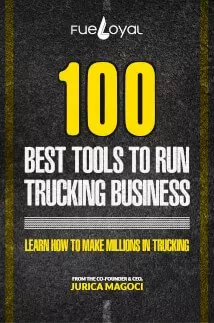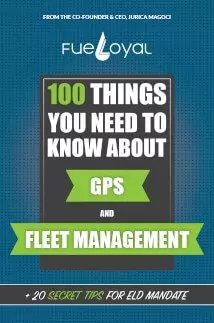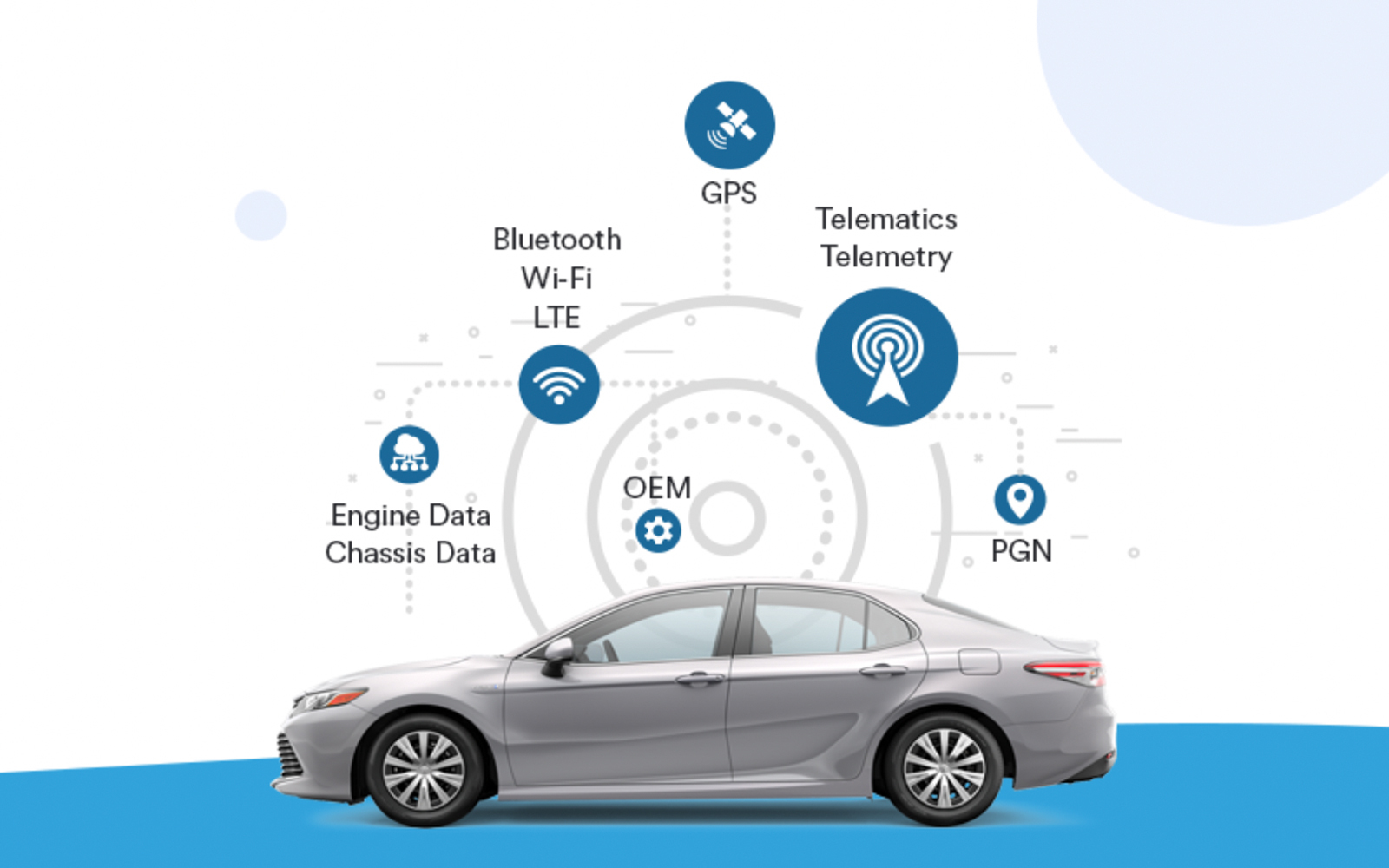So sometimes it can get a bit confusing when dealing with regional dialect. In the USA what we call a truck they call a lorry in Great Britain. But that doesn’t mean most of the key terms change. Here are a few examples in trucking business that remain same all the time and shouldn’t change:
- Air Bill (Air Waybill); provides information regarding the weight, the charges, the freight itself, and other information required by the air carrier, basically a freight bill, for the air carrier.
- Bill of Lading (BOL); provides similar information as an Air Bill, but is the contract between the carrier and the shipping company explaining the contractual agreement.
- Carrier; whoever was contracted to transport the freight (either a company or an individual- owner operator)
- Dispatching; the scheduling and managing pickup and delivery (P&D) of the freight.
- Freight Bill Factoring; Freight factoring is the easiest way to get immediate money for your freight bills. Without freight factoring you will wait for weeks or even months to get paid. A factoring company also referred to as a “factor”, purchases freight bills at a discount, providing up-front funds to a client for unpaid invoices. These services are usually used by small trucking companies, however that does not mean that some of the biggest and best trucking companies does not use it too.
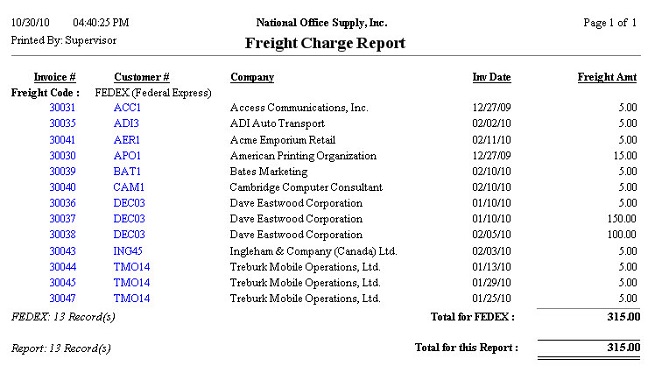 Source: www.accountmate.com
Source: www.accountmate.com
Those are of course only a couple examples of commonly used terms in the trucking business world, when dealing with freight and the charges. As I said many terms are localized, but not as many as you would think. The US trucking industry has been around a long time, with the use of trucks being for well over 100 years! There are millions of class 8 trucks, medium duty trucks, reefers and flatbed trucks out on the open road hauling freight from point A to B! So of course there are numerous common terms, many of which have come and gone or evolved as the industry evolved. Many of the terms spread as the various companies expanded.
 Source: www.401kaccountingtips.com
Source: www.401kaccountingtips.com
That is why it is so important to be familiar with the various correct terminology and freight charges. Especially when shipping across the country, cross border shipping or around the globe. It is an absolute MUST; it will reduce hassles and confusion. More importantly is that it will reduce the potential loss associated with misunderstood freight charges.
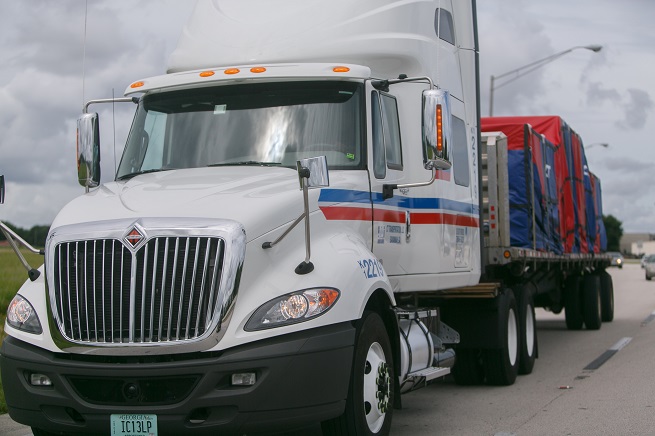
Remember a bill of lading is an official document. It can even be used in court; it lists the cargo and quantity being shipped. This document is usually provided by whoever is responsible for the shipment. As I stated above, it is an actual contract, listing all the pertinent information.


